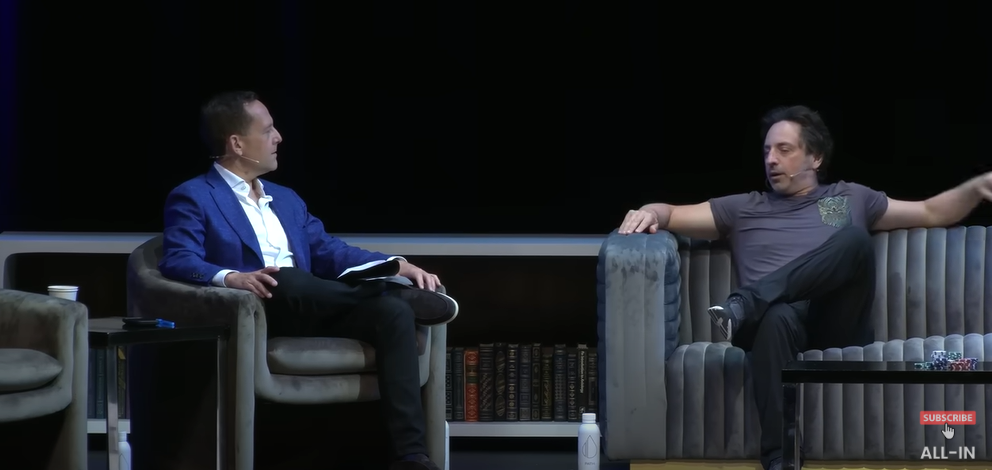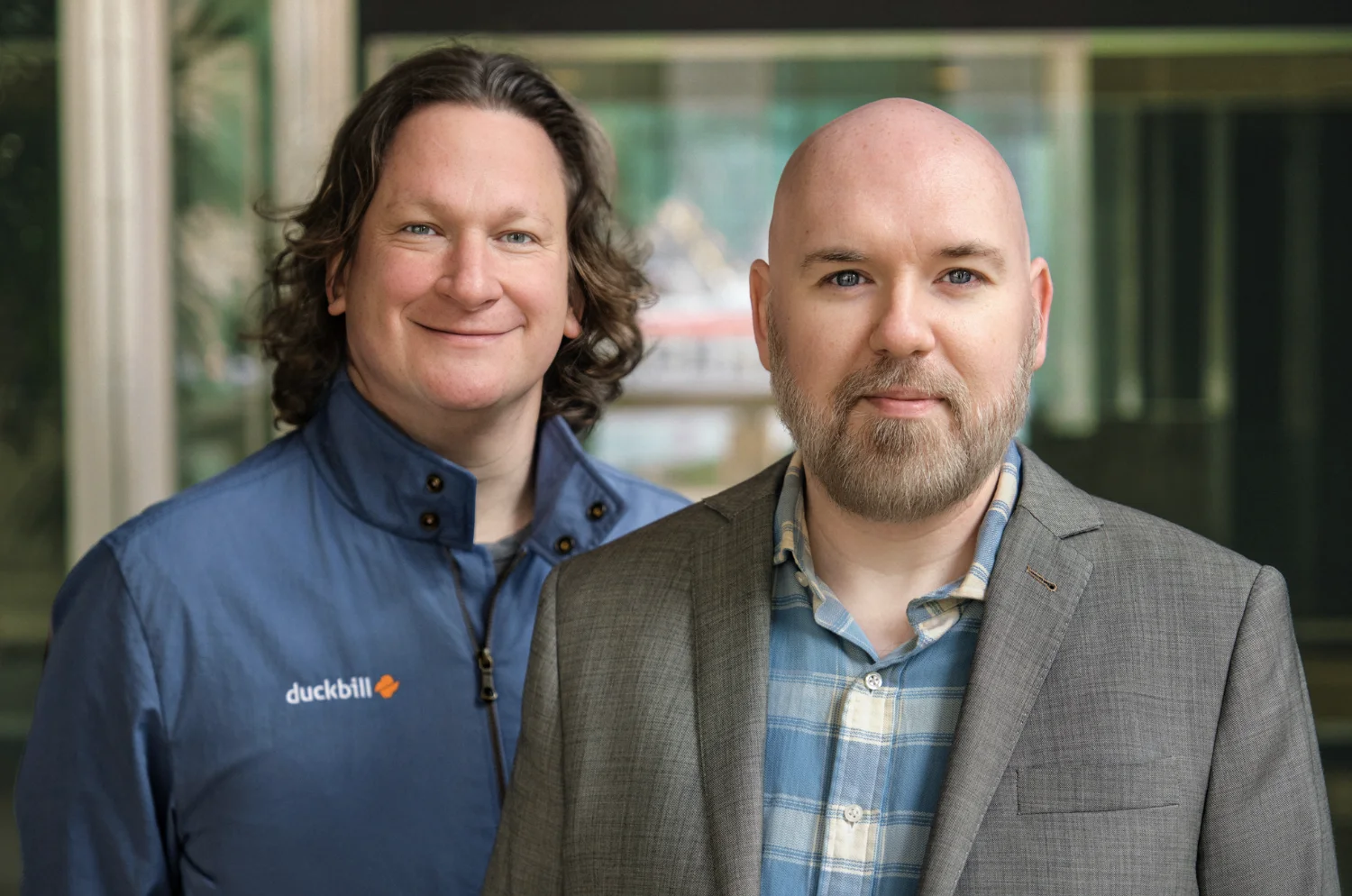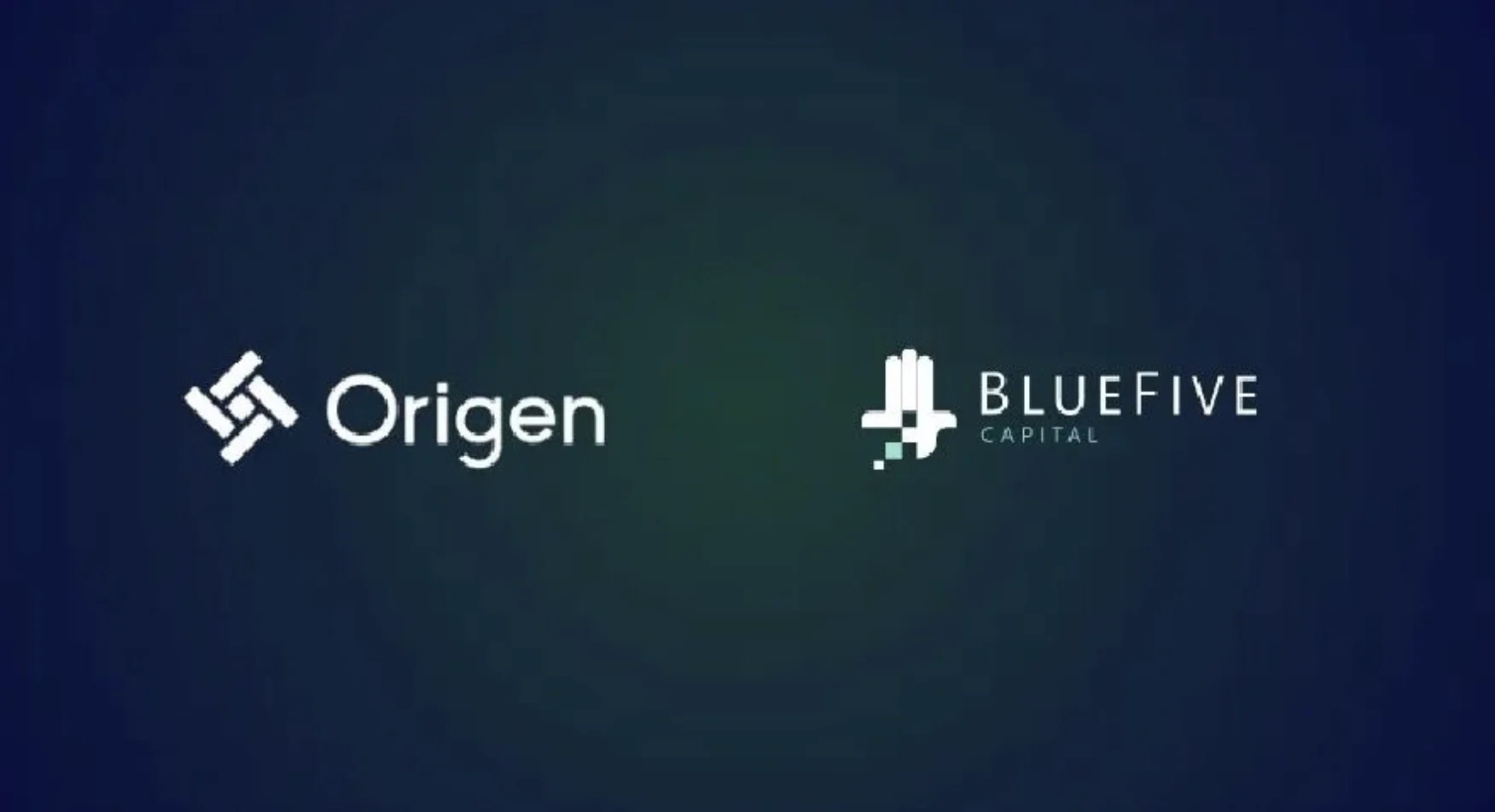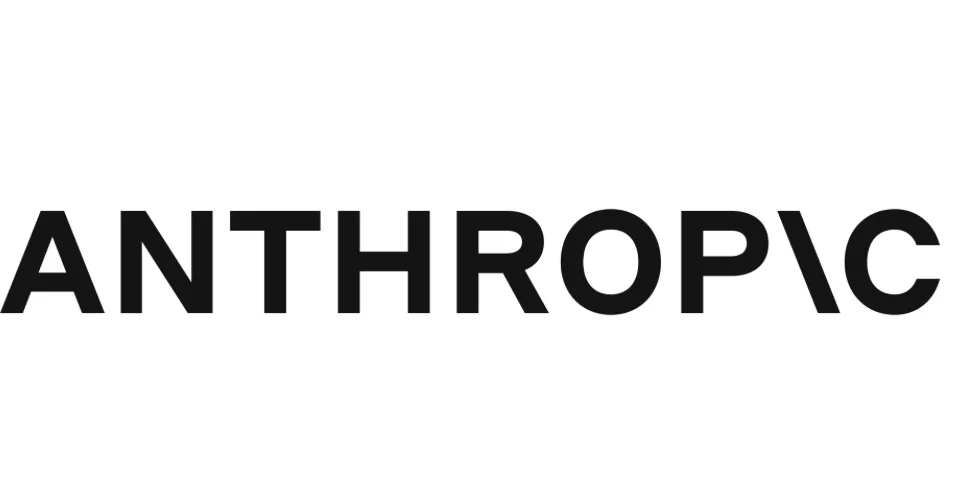Sergey Brin, co-founder of Google and one of the brains behind the modern web, is once again at the vanguard of technological innovation — this time in the realm of artificial intelligence (AI). Having disrupted how we search for information online, Brin’s return to Google’s AI efforts brings with it his belief that we are witnessing another seismic shift in human progress.
“As a computer scientist, I’ve never seen anything as exciting as all of the AI progress that’s happened in the last few years,” said Brin in a conversation with David Friedberg at the All-In Summit 2024, where he pondered about the current state and future of AI, the rapid development of large language models (LLMs), and what it all means for humanity.
From Footnote to Frontline
Brin reflected on how AI has evolved from a neglected concept in computer science to the forefront of technological advancement.
“When I went to grad school in the 90s, AI was like a footnote in the curriculum,” Brin recalled. “Back then, the field had stagnated, with most researchers dismissing approaches like neural networks. We tried all these different things, they didn’t really work, and that was it,” he continued. Fast forward to today, and neural networks are a core technology driving unprecedented breakthroughs in AI. Brin also noted that, almost miraculously, researchers working on neural nets began making progress with only a bit more computational power, additional data, and a few clever algorithms.
Brin’s passion for AI stems from its vast potential.
“For me, I really got back into the technical work because I just don’t want to miss out on this,” he said, pointing to the excitement of watching new capabilities emerge every month. “As a computer scientist, every month there’s like a new amazing capability, and I’m doubly wowed as everybody else is that computers can do this.”
The Scope of AI
Google, known for transforming how we access information, is now exploring AI’s potential far beyond traditional search. While AI may transform search, Brin sees its impact as much broader.
“Sure, search is one of them, but AI kind of covers everything,” Brin said, adding that AI is reshaping fields as varied as programming and robotics. He mentioned an example of using AI to automatically generate code for solving Sudoku puzzles, saying: “Writing code from scratch feels really hard compared to just asking the AI to do it.”
Brin described how AI is being used across different applications, highlighting a recent achievement in mathematical problem-solving.
“We participated in the International Math Olympiad with three different AI models — one for formal theorem proving, one for geometry problems, and a general-purpose language model. We got a silver medal, one point away from gold,” Brin proudly shared. The takeaway? While AI can specialize in specific tasks, Brin sees a trend toward more unified models that bring these capabilities together.
God Model or Diverse Ecosystem?
There’s growing speculation about the future of AI and whether companies like Google are chasing a so-called “God model” — a single, all-encompassing AI capable of performing virtually any task. Brin, however, was cautious about this narrative.
“I don’t know if I’d call it a God model, but certainly there’s a trend toward shared architectures and even shared models,” he explained. This means creating AI systems that are more generalized but still effective across various domains.
The infrastructure necessary to power these advanced models is also expanding rapidly, with companies like Google racing to build the computational power needed to keep up with demand.
“We’re building out compute as quickly as we can, and we just have a huge amount of demand,” Brin said, while acknowledging that Google often has to turn down cloud customers because it doesn’t have enough GPUs or TPUs available. Despite this, Brin remained cautious about the hype surrounding the massive AI chip build-out. “I don’t know if I’m quite a believer in extrapolating to the level of, like, 100 gigawatts of compute,” he said. This underscores that algorithmic improvements may eventually outpace the need for ever-growing computational power.
The Cost of Innovation
As AI progresses, it brings with it a balance of risk and reward. Brin acknowledged that AI systems are far from perfect.
“Even today’s latest and greatest models make really stupid mistakes — mistakes people would never make,” he admitted. But for Brin, the potential rewards far outweigh the risks. “They can help you do things you never would have done. That capability is magic,” Brin said.
Brin also addressed Google’s historically conservative product culture, which has sometimes slowed the deployment of new AI tools.
“We were too timid to deploy language models early on, and for a lot of good reasons. They make mistakes, say embarrassing things, and sometimes they’re just dumb.” But as AI technology becomes more powerful, Brin believes it’s time to take more risks. “You need to be willing to have some embarrassments and take some risks,” he said, adding: “I think we’ve gotten better at that.”
The Race to AGI: Overblown or Real?
When asked if the “race to AGI” (Artificial General Intelligence) was overblown, Brin struck a balanced tone. “I think there’s tremendous value to humanity, and it’s great that all these AI companies are out there,” he said. While competition drives progress, Brin doesn’t see AI development as a zero-sum game. “I think if you look back at the internet or the web, the amount of capability we gained as a world is immense. AI is another big capability, and pretty much everybody in the world can get access to it in one form or another.”
As Brin sees it, AI is not just about winning a race — it’s about unlocking new capabilities that can benefit all of humanity.
Featured image: Credit: All-In Summit 2024






